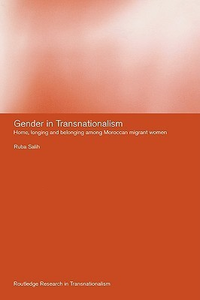Screening Culture, Viewing Politics: An Ethnography of Television, Womanhood, and Nation in Postcolonial India
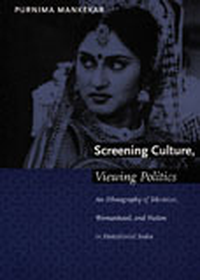
Summary
In Screening Culture, Viewing Politics Purnima Mankekar presents a cutting-edge ethnography of television-viewing in India. With a focus on the responses of upwardly-mobile, yet lower-to-middle class urban women to state-sponsored entertainment serials, Mankekar demonstrates how television in India has profoundly shaped women’s place in the family, community, and nation, and the crucial role it has played in the realignment of class, caste, consumption, religion, and politics.
Mankekar examines both “entertainment” narratives and advertisements designed to convey particular ideas about the nation. Organizing her study around the recurring themes in these shows—Indian womanhood, family, community, constructions of historical memory, development, integration, and sometimes violence—Mankekar dissects both the messages televised and her New Delhi subjects’ perceptions of and reactions to these messages. In the process, her ethnographic analysis reveals the texture of these women’s daily lives, social relationships, and everyday practices. Throughout her study, Mankekar remains attentive to the tumultuous historical and political context in the midst of which these programs’ integrationalist messages are transmitted, to the cultural diversity of the viewership, and to her own role as ethnographer. In an enlightening epilogue she describes the effect of satellite television and transnational programming to India in the 1990s.
Through its ethnographic and theoretical richness, Screening Culture, Viewing Politics forces a reexamination of the relationship between mass media, social life, and identity and nation formation in non-Western contexts. As such, it represents a major contribution to a number of fields, including media and communication studies, feminist studies, anthropology, South Asian studies, and cultural studies.
Similar Books
-
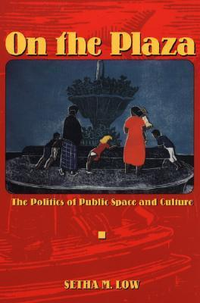 On the Plaza: The Politics of Public Space and Culture
On the Plaza: The Politics of Public Space and Cultureby Setha M. Low
-
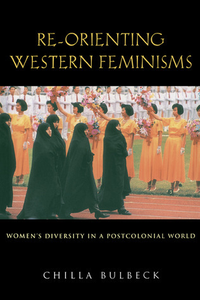
-
 Barrio-Logos: Space and Place in Urban Chicano Literature and Culture
Barrio-Logos: Space and Place in Urban Chicano Literature and Cultureby Raúl Homero Villa
-
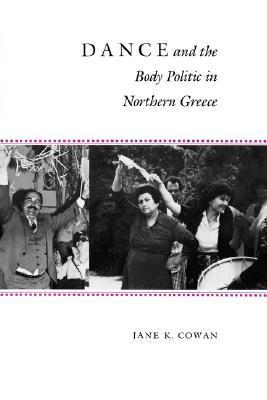 Dance and the Body Politic in Northern Greece
Dance and the Body Politic in Northern Greeceby Jane K. Cowan
-
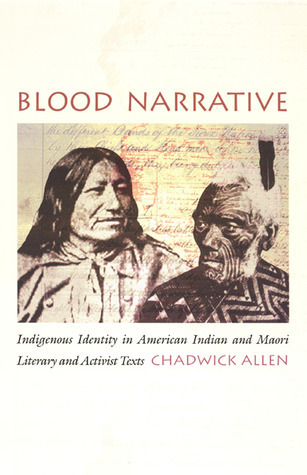
-
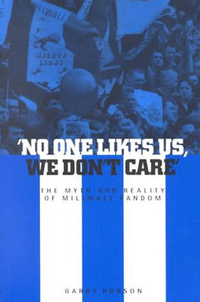
-
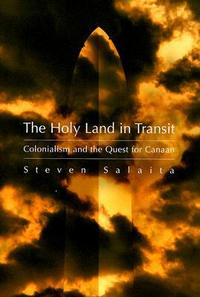 Holy Land in Transit: Colonialism and the Quest for Canaan
Holy Land in Transit: Colonialism and the Quest for Canaanby Steven Salaita
-
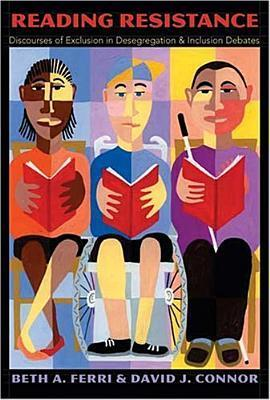
-
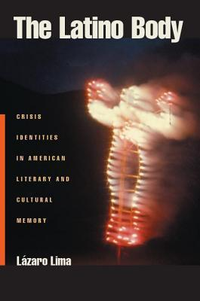
-
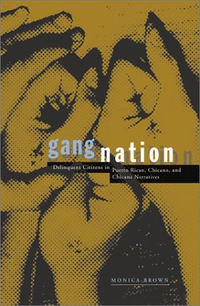
-
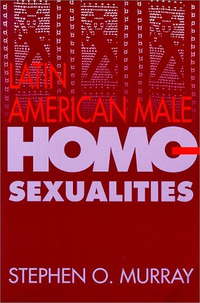 Latin American Male Homosexualities
Latin American Male Homosexualitiesby Stephen O. Murray
-
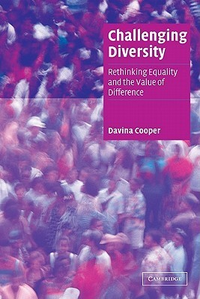
-
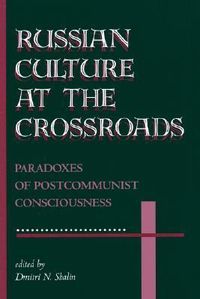 Russian Culture At The Crossroads: Paradoxes Of Postcommunist Consciousness
Russian Culture At The Crossroads: Paradoxes Of Postcommunist Consciousnessby Dmitri N. Shalin
-
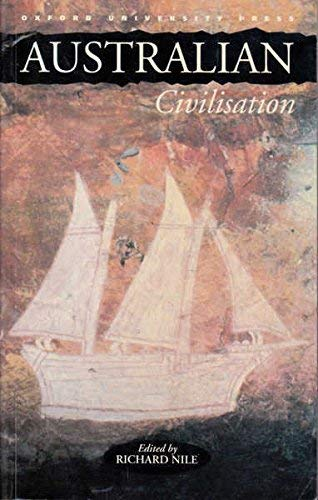 Australian Civilisation
Australian Civilisationby Richard Nile
-
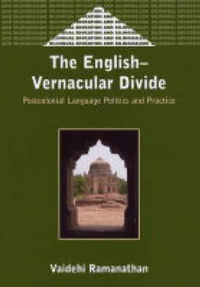 The English-Vernacular Divide: Postcolonial Language Politics and Practice
The English-Vernacular Divide: Postcolonial Language Politics and Practiceby Vaidehi Ramanathan
-
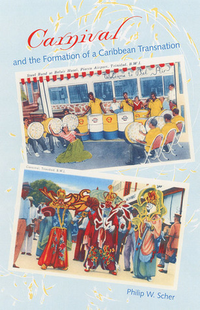 Carnival and the Formation of a Caribbean Transnation
Carnival and the Formation of a Caribbean Transnationby Philip W. Scher
-
 Class Action: Reading Labor, Theory, and Value
Class Action: Reading Labor, Theory, and Valueby William S. Corlett
-
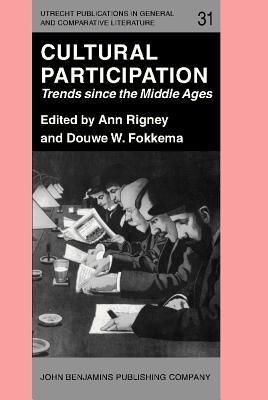 Cultural Participation: Trends since the Middle Ages
Cultural Participation: Trends since the Middle Agesby Ann Rigney
-
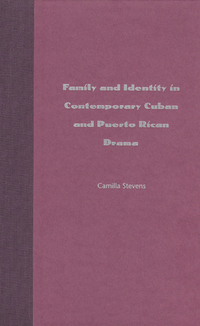 Family and Identity in Contemporary Cuban and Puerto Rican Drama
Family and Identity in Contemporary Cuban and Puerto Rican Dramaby Camilla Stevens
-
 New Visions of Community in Contemporary American Fiction: Tan, Kingsolver, Castillo, Morrison
New Visions of Community in Contemporary American Fiction: Tan, Kingsolver, Castillo, Morrisonby Magali Cornier Michael
-
